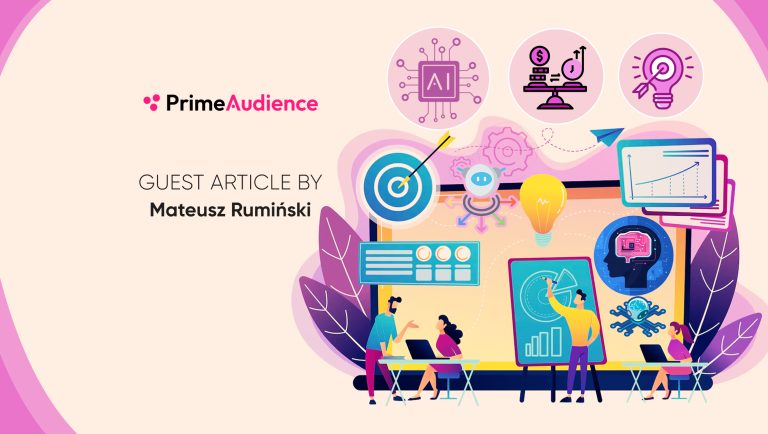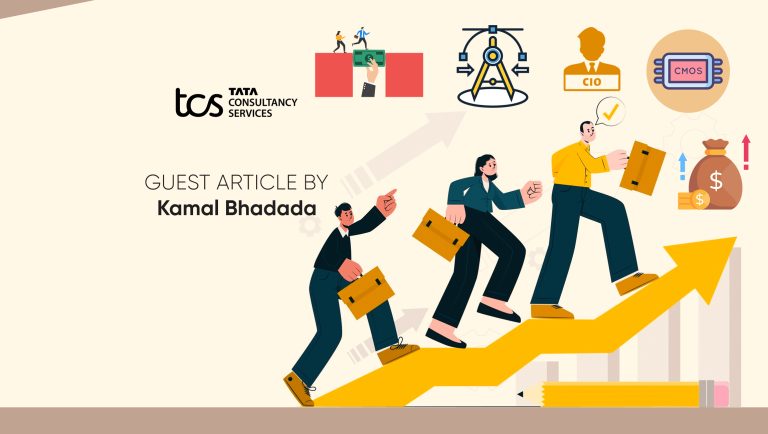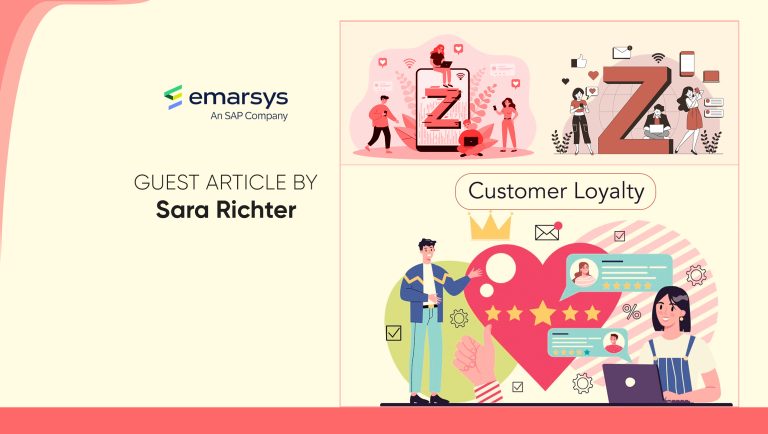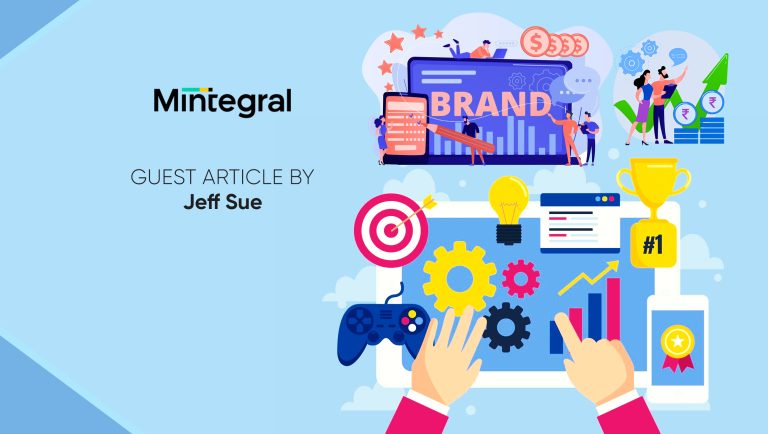 Imagine a world where it’s considered okay for salespeople to follow customers out of a store and trail them from shop to shop, perhaps into a café and then from the mall to their home. Then what if the sales rep continued popping up for the next month, asking about the dress the shopper had looked out. Pretty outrageous? However, that’s the status quo created by adtech online.
Imagine a world where it’s considered okay for salespeople to follow customers out of a store and trail them from shop to shop, perhaps into a café and then from the mall to their home. Then what if the sales rep continued popping up for the next month, asking about the dress the shopper had looked out. Pretty outrageous? However, that’s the status quo created by adtech online.
This is not normal. This is not good customer service or the best use of our brightest brains. It’s grubby, irritating and often fraudulent, with ad fraud estimated to cost US advertisers $7.2bn in 2017. This can be seen as brand demolition as opposed to brand building. Consumers have been growing increasingly uneasy with the current situation. As reported by the American Customer Satisfaction Index (ASCI’s), social media users are increasingly unhappy with their privacy protection and with the volume of advertising on social media sites.
This sort of marketing will stop. Consumers are tired of their data being disrespected and legislators have responded, as seen by the EU’s General Data Protection Regulation (GDPR) and the Californian Privacy act. Advertisers have also grown tired of brand safety scandals. The duopoly has cracked down on the use of third-party data, with Facebook removing ad-targeting functions and Google stopping brands using DoubleClick Id logs. At the same time, the shift to mobile, where cookies don’t work has meant current behavioral targeting can’t reach most internet traffic – with 57% of traffic currently coming from smartphones and tablets and forecasted to reach 3/4 of internet traffic by 2021.
Recommended Read: Interview with Mark Bembridge, CEO, Smartology
Since GDPR came into force in May, many clients have paused programmatic activity.
Marketers are nothing if not resourceful and have returned to their tool box once more. They’re increasingly looking to premium media titles for better campaign effectiveness and for the reputational halo benefits that being in a quality environment can deliver. As well as needing true brand safety. CMOs are also seeking tech innovations which can deliver highballs to consumers. Something that’s being looked at afresh is contextual advertising, where relevant ad experiences are delivered in real time to people depending on what they’re focusing on that minute.
This offers many advantages to brands, publishers and of course to consumers. Key in the post-GDPR era is the fact that because it’s contextual, no user data is stored.
When you add this to the way technology has stepped up through machine learning and natural language processing moving far beyond simple keyword usage to ensure even premium media placements are truly contextually matched, so no more Apple ads being served next to pieces about fruit growing.
Contextual campaigns, when compared with audience-targeted ones are more effective in delivering industry beating engagement rates. This is because they’re directly and immediately relevant to people. For instance, the Smartology London Business School campaign out performed all MOAT benchmarks. Viewability was 81.04% (over 50% higher than the MOAT recommendation). The campaign generated an impressive overall engagement rate of 1.03%, over twenty times the industry standard of a display ad.
Also Read: Smartology Unveils ‘SmartMatch’, a Bespoke Programmatic Platform for Publishers






















